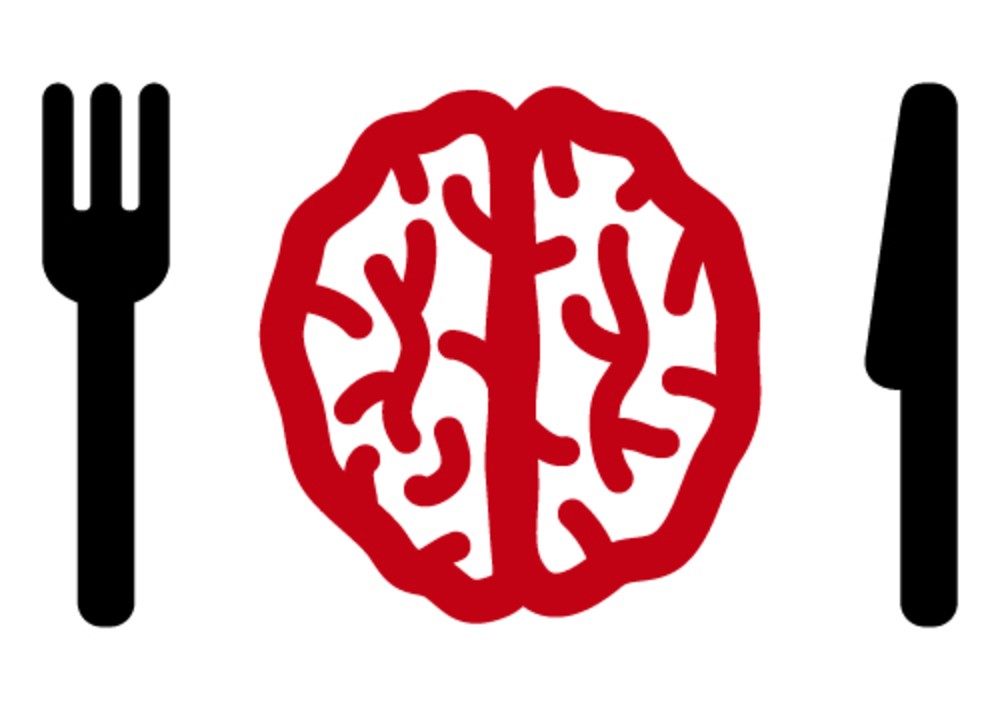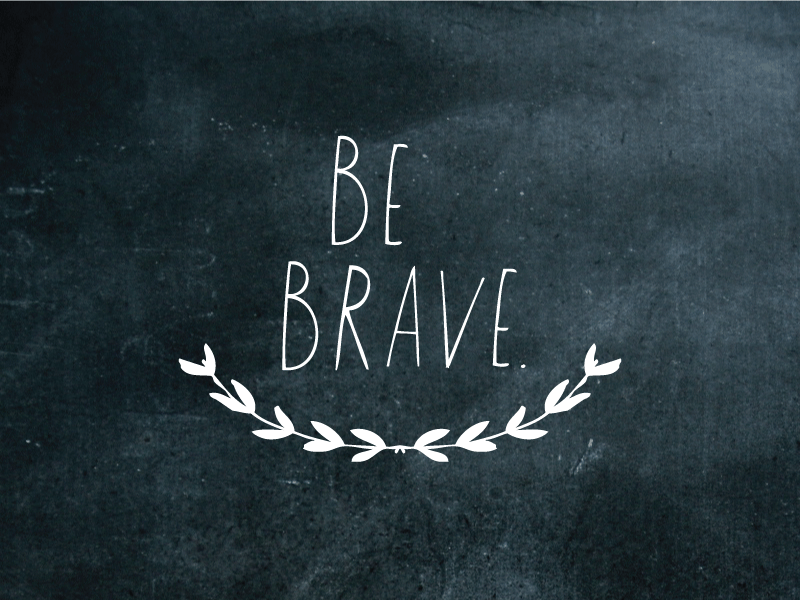Author: Alison Elliott, MSW, RSW. Social Worker in Private Practice, Cambridge Ontario
Pregnancy can be a time filled with excitement, nervous anticipation and wonder. For those in recovery from an eating disorder, it can also be a time of uncertainty, fear and adjustment.
I have worked with many women who have concerns and questions about how to maintain their recovery, while facing so many changes to their body, emotions, appetite and life. I often hear questions like “what do I do when I’m so nauseated, and can’t stick to my meal plan?” Or, “I was okay with my body changing, but now so many people keep commenting on it, and it’s triggering my eating disorder voice.”
We know that for women who have recovered or are in a stage of recovery from their eating disorder, that pregnancy and post-pregnancy can be a high-risk situation for relapse. For some, times of change can trigger old eating disorder urges, and desire for control. Combined with unpredictable body changes, social pressure to have a ‘perfect pregnancy’, and the unrealistic expectation that a post baby body should somehow return to its former state quickly, it’s no wonder that maintaining recovery is challenging. Some research shows that women with bulimia find improvements in their recovery during and post-pregnancy, while those with anorexia show higher risk for relapse, especially post-partum (Ward, V. 2008). However, some women may feel a higher satisfaction with their body during pregnancy, and less body conscious than prior to pregnancy. Each woman, and pregnancy, is different. However, there are some key strategies to help maintain a healthy mom and healthy baby.
Here are a few tips for supporting a happy, healthy pregnancy:
1-Build Your Team: make sure that you have health practitioners who are informed, educated and trustworthy. This will likely include an OBGYN or midwife, dietitian, therapist, and perhaps a Psychiatrist. Be honest and open with your team about your eating disorder history, current urges or behaviours, fears, and areas you’re struggling with. They won’t be able to help you if they don’t know what is happening. Ideally, discuss your pregnancy concerns before conceiving or early on in your pregnancy, to ensure you have time to prepare for the upcoming changes.
2- Review Your Skills: now is the time to review those old strategies, self-help books and worksheets! Remind yourself what tools work to keep on track with your meal planning, activity levels, handling your emotions, and reducing your overall stress. Try journalling as a way of coping with changing emotions and experiences. Not only will it be a way of improving self care and awareness, it will be a special keepsake to remember what the pregnancy was like.
3- Practice Self-Compassion: positive self-talk, gentleness and forgiveness will be a way of treating yourself with kindness. Remind yourself that this is a new experience (even if it’s not your first baby), and that you’re doing the best you can in the moment. This is a great time to ensure you have time to yourself-- to spend alone and/or with friends. Setting limits with others while prioritizing your needs is a way of acting lovingly towards yourself.
4- Express Your Feelings: hormones can throw a curve ball to your emotions. Embrace the mood swings and intensified emotions, allowing yourself to feel whatever you feel. If you’re concerned about new feelings of anxiety or depression, make sure you talk with your therapist or doctor about them. Keep your close friends, family or partner in the loop about how you’re feeling, and what you need from them. If you notice new urges, or start to engage in old eating disorder behaviours, act quickly to get back on track. Slips can happen and are valuable to shine a light on areas that you’re struggling with. Be honest with yourself and others, to get the support that you need.
5- Become Educated: the more you can learn about the changes to expect, the more prepared you will feel. Find one or two good books that explain monthly changes and ask the embarrassing questions to someone you trust. You may get inundated with people giving your advice about how to handle your pregnancy, labour, and baby care. Make decisions that are right for you.
6-Meal Planning: whether you are still following a treatment meal plan or have begun to follow some intuitive eating, now is the time to put structure into your meal planning. It can be very hard to eat when nauseated or physically uncomfortable, however, both you and the baby need nutrients and fluids to maintain health. A dietitian that specializes in eating disorders can have great tips for adjusting to food cravings and aversions. Missing meals and eliminating food groups easily trigger ED thoughts again, so plan ahead and have foods readily available. Find time outside of meals/snacks to get rest if you’re tired, as naps can interfere with meal plans.
7- Move your Body: gentle stretching, activity and movement can help prevent injury, increase strength, and build endurance for the upcoming labour. Adapt your movements to lower impact as the baby grows and pay attention to when you need to rest. Move your body to nurture it, rather than to change it’s size, shape or weight.
8- Listen to your body: mindfulness can be a great skill to use during pregnancy, to tune into what your body is telling you. Skills like rating your fatigue on a scale from one to ten, or mentally scanning your body for aches, pains, or new baby movements will help increase self-awareness. While your doctor will want to monitor your weight gain during pregnancy, you may wish to ask for ‘blind weigh-ins’, so that your doctor can monitor you for concerns, while you can stay away from knowing the numbers.
9- Get Support: make a plan for how to manage the first few weeks and months with your new baby. Look into groups for new parents, connect with friends who also have little ones, or arrange for some helping hands from family or a babysitter. Fatigue and loneliness can sabotage your recovery, reducing your ability to cope with difficult thoughts and feelings. Try taking a minimum of one hour per week to have to your self to get out of the house, meet a friend, or have leisure time for hobbies.
10- Concentrate on Gratitude: each day take intentional time to practice gratitude. This can be actions like writing down a few things in your journal that you’re thankful for, praying, or noting what positives you can say out loud in the moment.
For more information and where to find support during your pregnancy, visit www.nedic.ca or speak with your doctor.
Sourced from Ward, V. B. (2008). Eating disorders in pregnancy. BMJ : British Medical Journal, 336(7635), 93–96. http://doi.org/10.1136/bmj.39393.689595.BE




















